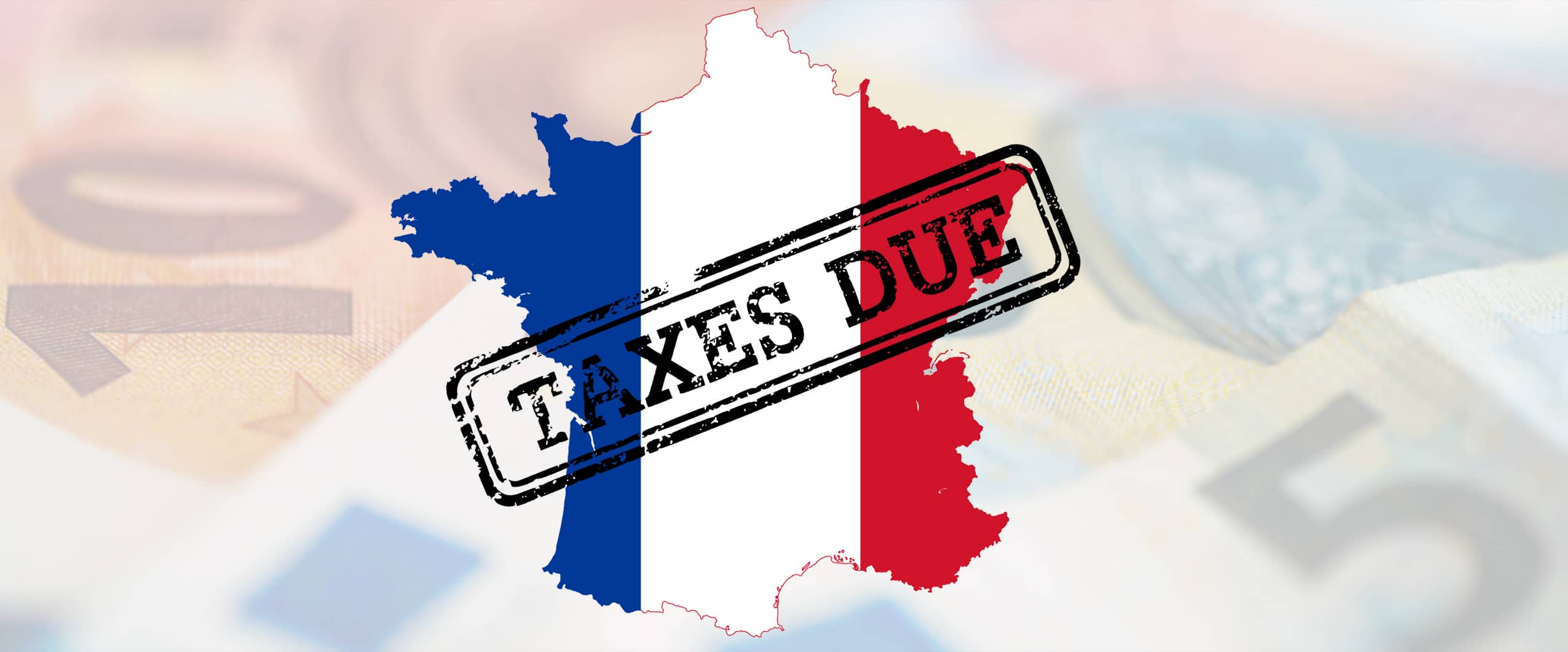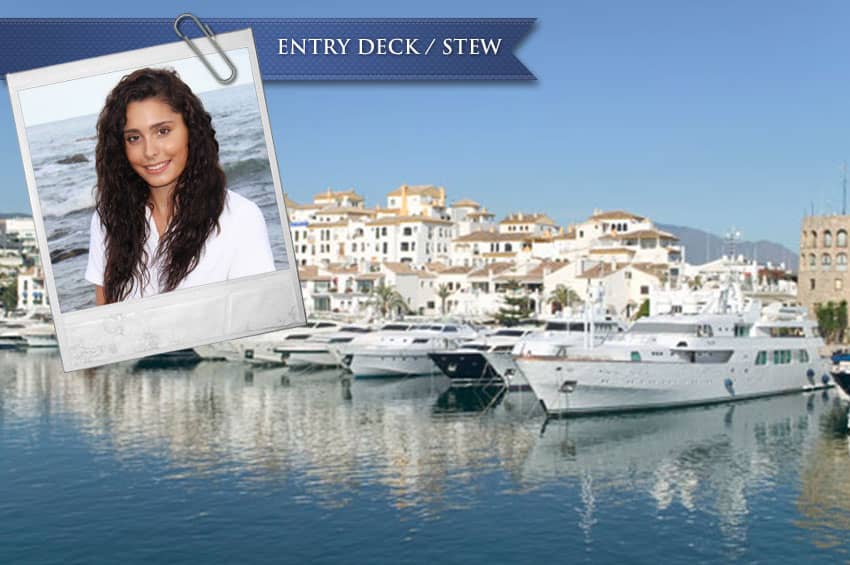French Social Security Decree Impacts Yachting Community

Members of the yachting community have gained some clarification on French social security tax responsibilities. Although the decree was suspended, it is possible that crew members may still be liable to pay taxes for now, particularly crew members who reside and work in France. Crew may wish to seek legal advice for their specific scenario.
Seafarers and nonresident employers of seafarers who spend more than 90 consecutive days in France or French waters are required to make contributions to ENIM, the French mariners' social security agency, since the passing of a decree in March 2017. This has had a major impact on tourism and the yachting industries, but relief seems imminent with the laws potentially being overturned in early 2018. As of Sept. 13, the decree was suspended by the prime minister of France following reports of drastic 40-50 percent drops in revenue during tourist season.
Paying taxes is enough to give anyone a headache, let alone yacht crew, who have likely joined the world of yachting from a foreign country. Earning a salary in one currency, while living and traveling the world, and acquiring global investments along the way - it's likely that heads are spinning. For many of these yacht crew, a lot of time is spent in the south of France, namely Antibes, the yachting hub of the Mediterranean.
On March 11, 2017, at a meeting in France, a decree was added and published in the Official Journal of the French Republic. Decree No. 2017-307 sets out obligations for both yacht owners and yacht crew in respect of MLC 2006. Affected seafarers who spend a 90-day-plus rolling period in France or French waters should be paying social security taxes. Leaving France or French waters would reset the count.
Foreign employers were directed to an ENIM agent registered and based in France. The agent acts on the behalf of the employer and obtains all necessary information regarding the crew list: their positions, salary and the cruising itinerary. ENIM receives this information and calculates everyone's fee. It is likely that the employer will be asked to pay a security deposit equal to six months of employer and employee contributions.
An example of the contribution costs was shared from ENIM:
- As a captain on a pleasure craft of 200 feet in international navigation for 30 days: wage contributions of €422 and employer costs of €1,245
- Seaman on a pleasure craft of 200 feet in international navigation for 30 days: wage contributions of €208 and employer costs of €614
Please note these numbers are directly from the French authorities, and without declaring the rate of pay, have limited value. But, these costs are significant, and the decree was disputed by many industry professionals.
Seafarers already contributing social security to an official agency of another country that is an EU or EEA member state, or any state that has a bilateral social security treaty - such as the United States and Canada - are exempt from contributing. However, you must be making social security payments in those territories; simply carrying a passport is not sufficient to be exempted. Our Australian and New Zealand colleagues should note that there is no bilateral treaty for those countries, therefore exemption does not apply. The contribution amounts due are identical to those paid by, and on behalf of, French seafarers (7.5 percent on earned income), and carry a 0.5 percent-per-day interest rate on late payment.
- Benefits of this plan are meant to be:
ENIM will provide the seafarer with health/medical care and retirement benefits. - After 25 years of contributed service, and at a minimum age of 50, ENIM will provide a full retirement pension. The pensionable age will be 55 years if the seafarer has completed less than 25 years of service.
- After 15 years of contributed service, seafarers will qualify for a pro-rata retirement pension, however, this will only apply after the seafarer has reached age 55.
- In the event of a seafarer's death, there are provisions in place to pay retirement benefits to certain family members.
How this new law currently impacts yacht owners is:
- Nonresident employers of yacht crew who are required to make social security contributions in France will need to show proof of a "bond of guarantee" from a bank. Failure to do so will result in payment in the form of a "security deposit" payable to ENIM.
- Appointing a French-based agent to make payments and act on behalf of the employer may be desired.
- Payment is required to be received by the 25th day of each month.
- For each day of late payment, a penalty of 0.5 percent of contributions will be owed.
- Failure to pay the contributions could constitute a criminal offense, or eventually lead to the yacht's arrest.
In conclusion, the changes being made to tax situations for seafarers are even more reason to keep good track of all travel that you undertake, and any money that you earn:
- Keep vessel logbooks up to date.
- Be consistent with keeping your seaman's discharge book up to date.
- Do not throw away any expired passports.
- Keep a travel diary as your log book. Audits can take place several years after a tax year has ended and you may need to support your claim with the necessary documentation.
- If necessary, have your employer give you an official affidavit.
As a seafarer, knowing who to pay taxes to has been a rather gray area for quite some time. Yacht crew spend significant amounts of time in multiple countries every year, and generally make very desirable salaries. Knowing whether you are following the laws and abiding by the rules can be daunting, which is why it is important to stay up to date with any changes.
If you answer yes to any of these questions, you may have social security or tax withholdings obligations:
- Do you employ any U.S. or French citizens?
- Are you or the vessel in the U.S. or U.S. waters for more than 183 days in a 365-day year?
- Are you or the vessel in France or French waters for more than 90 consecutive days?
- Are you or the vessel in France or French waters for more than 183 days in a calendar year?
France will not be the only country who tries to claim taxes on seafarers' earnings. While this first attempt has been poorly executed, we anticipate other countries will make similar attempts in the future.
This article is for information purposes only. The information and opinion expressed in this document does not constitute legal advice and should not be regarded as a substitute for legal advice.
 Sales
Sales
 Charter
Charter
 Management
Management
 Crew
Crew
 About Us
About Us
 Contact Us
Contact Us
 Newsroom
Newsroom


